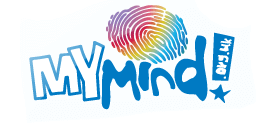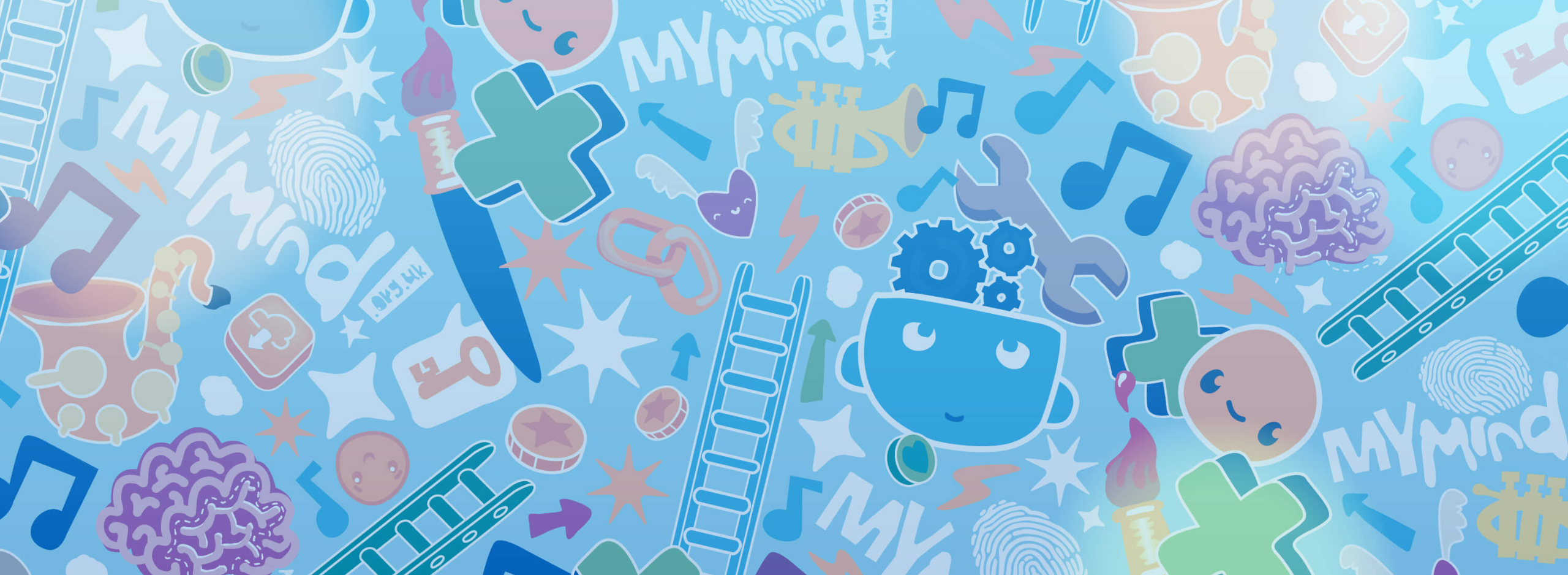If you are looking at this website then it’s possible you are concerned that a young person you work with may have some worries about their relationship with food and how they feel about their body.
It’s good that you are taking a look and we hope that the information below will help you make a decision on what to do next.
While eating disorders can affect anyone of any age, young people are at particular risk. We know that the earlier an eating disorder is treated, the better chance someone has of fully recovering. Teachers and staff in schools and colleges are well placed to spot the early signs of an eating disorder, and educational establishments can take steps to address eating disorders at several levels with policies and practices, in their curricula, and with individuals at risk
Individual pupils with eating disorders will need particular attention to their educational and pastoral needs. It may be necessary to adapt the learning environment to accommodate reduced physical strength or concentration span. People with eating disorders can have a strong drive for perfectionism and this can be evident in their academic work – with excessive neatness, increased anxiety about making errors and a tendency to become inflexible in thinking. Handwriting sometimes decreases in size to minute proportions.
- Social isolation
- Avoiding eating around others
- Difficulty concentrating
- Tiredness
- Irritability
- Low confidence and self-esteem
- Anxiety
- Obsessive and/or rigid behaviour
- Perfectionism and setting unreasonably high personal standards
- Self-harm
- Changes to weight - either gaining or losing weight, or experiencing fluctuating weight
Teachers may notice increased social isolation, and concentration levels will reduce if eating is very restricted. Pupils may have high expectations of their academic performance, and examination success can be seriously compromised when someone has an eating disorder. Health must come first, and this can mean pupils being withdrawn from examinations in order to undergo treatment. The motivation of being well enough to continue with studies can help someone accept that treatment is necessary.
In order to properly diagnose an eating disorder, a full assessment is needed by a specialist multi-disciplinary team. However, there is a very good screening tool which is often used by GPs and other people working in healthcare. This tool helps identify whether the young person is likely to have an eating disorder and therefore should be referred to a specialist who will be able to make a diagnosis.
The SCOFF questionnaire
This screening test is called the SCOFF questionnaire, which consists of five simple questions:
- Do you make yourself Sick because you feel uncomfortably full?
- Do you worry you have lost Control over how much you eat?
- Have you recently lost more than One stone in a three month period?
- Do you believe yourself to be Fat when others say you are too thin?
- Would you say that Food dominates your life?
There is a point for every “yes” – a score of 2 or above indicates a likely case of anorexia nervosa or bulimia.
If you are concerned that a young person may have an eating disorder then a referral should be made to the appropriate service as soon as possible. If you are unsure but have some concerns then please do give the relevant team a phone call for a discussion/consultation prior to making the referral.
NHS standards state that a young person presenting with an eating disorder should be seen for assessment within a maximum of 28 days. A young person does not need to be of low BMI to be referred to our service as we recognise the need for early intervention to help the best outcome. When looking at urgency of a referral we think about rate of weight loss; current fluid and food intake; physical health status; use of compensatory behaviours such as purging, laxatives and exercise; current mood and functioning.

